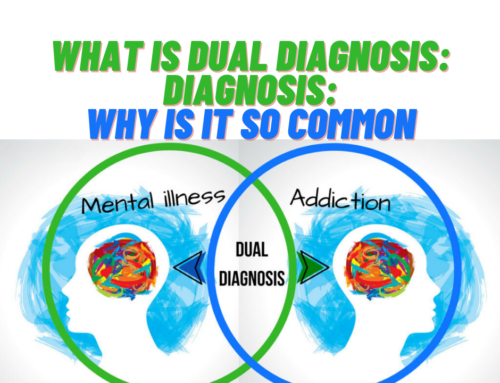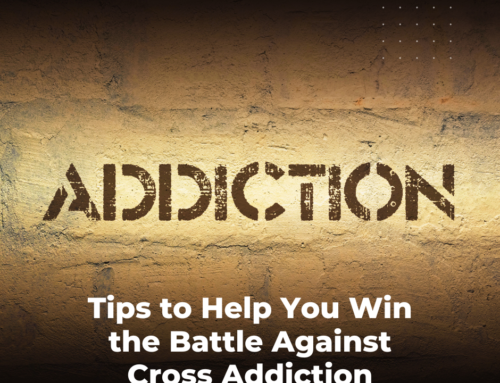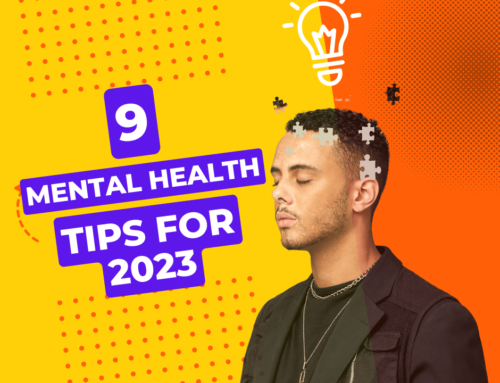Children may not always understand the principles of substance use disorder (SUD), but they will realize when a parent is absent from their lives. Toddlers and young children may not be equipped to handle conversations involving addiction, even when substance abuse is presented as a disease equatable to a bad cold or other physical illness.
Older children, adolescents, and teenagers, however, will likely express curiosity about the situation of a parent or sibling and request information regarding certain behaviors. They deserve answers, but you are not obligated to share all the details of addiction with your children.
In fact, inundating a child with information may confuse them or inject extreme stress into their life. The most important message that you need to convey is that nobody is to blame, especially not the child.
Encourage Your Child to Express Their Feelings
A good way to start the conversation is by discussing their emotions in the current situation. Ask your child simple questions like: “How do you feel when Daddy stumbles and speaks too loudly during dinner?” or “What are you thinking about when Mommy comes home late and wakes everybody up?”
This includes children in the conversation, thereby validating their experiences. Sharing your emotional response to the actions of a parental partner may prove therapeutic for both you and your child.
Address the Situation in Terms That Make Sense to Your Child
You are not obligated to give a detailed description of SUD, nor are you required to share your partner’s history of abuse with your child. You should, however, address your current situation and offer knowledge that will help your child to better understand and cope with addiction in a parent.
Confirm to them that addiction is a disease, just like any physical illness they may observe. Sometimes, when people are sick they are not in complete control of their bodies. Just as a sick person needs the assistance of a doctor and the support of their families, the parent struggling with a SUD needs help from others.
If you are concerned about the safety of your child in the presence of that parent, urge them to understand that some symptoms of the addiction may be harmful to others.
Answer Questions Honestly
Lying is never the best solution to an uncomfortable question. You can provide a simple answer that satisfies your child’s question without resorting to dishonesty. For example, if your parental partner is lethargic and manifesting symptoms of a comorbid disorder like depression, you can share with your child that some of the symptoms of the disease that is addiction include being tired and sad.
Always make sure that they know addiction is not their fault. Some authors have published picture books that explain addiction. A Terrible Thing Happened by Margaret M. Holmes and Daddy’s Disease (Helping Children Understand) by Carolyn Hannan Bell are good titles for elementary school children.
Alta Loma Transformational Services will walk with you as you move forward on your journey toward recovery. Our dedicated team of mental health professionals will equip you with tools to conquer life’s challenges and continue on the path to wellness. Alta Loma prioritizes a holistic approach to treatment and we will work with you to understand and manage your personal experiences with substance use disorder. To start your journey toward good mental health, call us today at (866) 457-3843 for a consultation.



